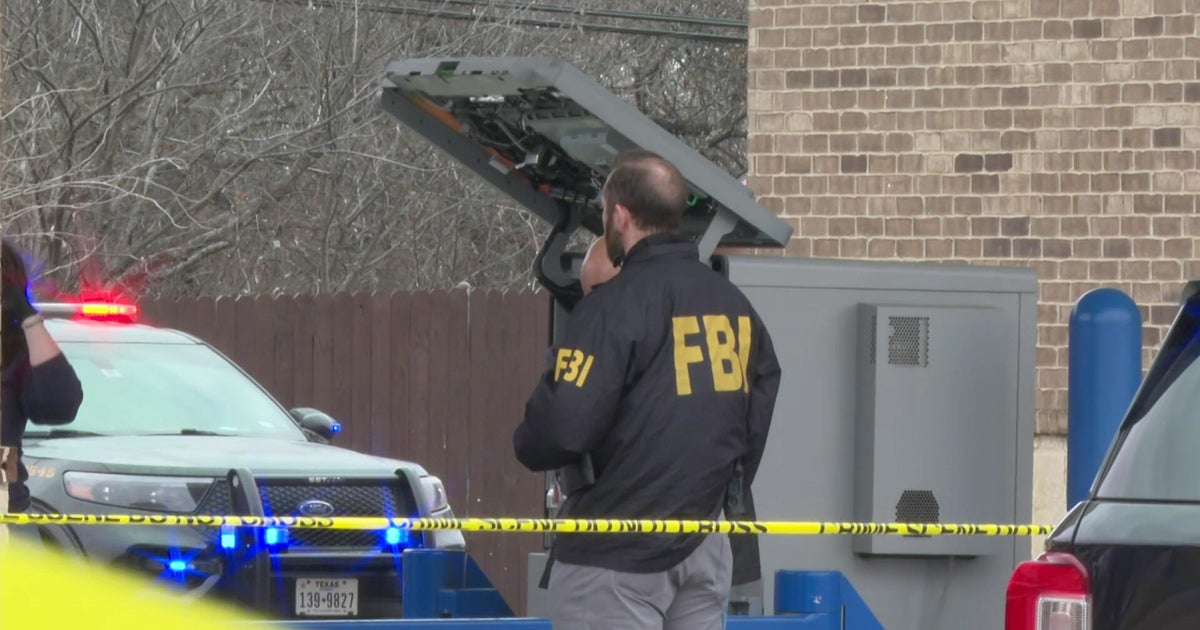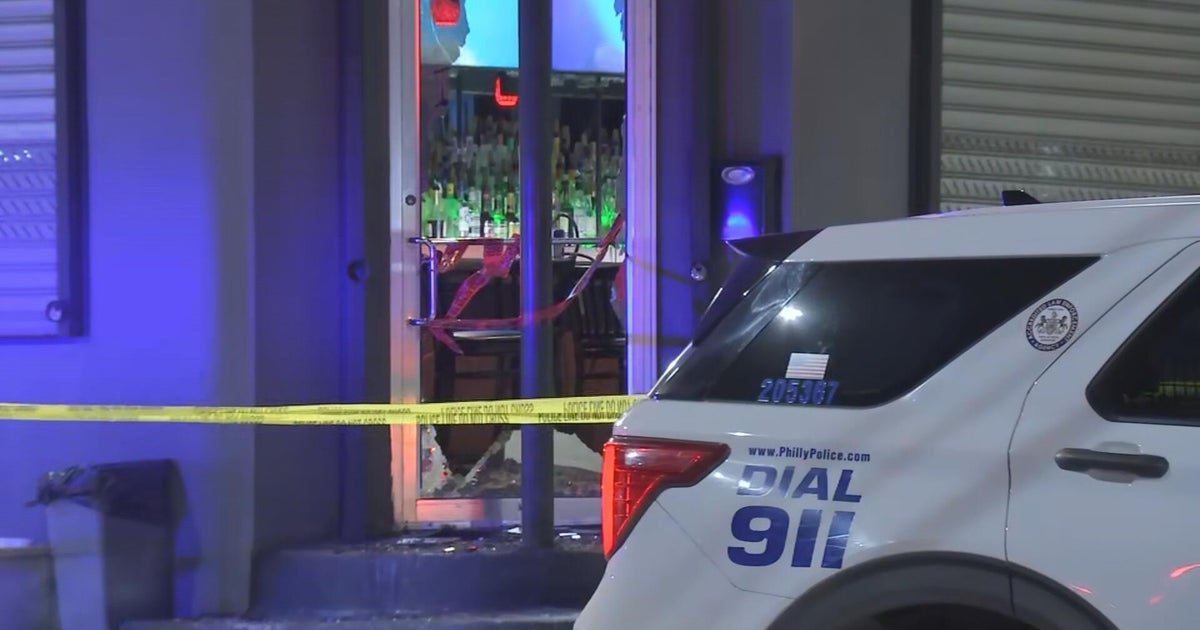Secret Service Fighting "Skimmers"
BOSTON (CBS) -- Today's bank robbers don't have to step one foot inside a bank to clean out checking accounts. Using the latest in technology they can do it from outside the bank simply by stealing your credit card or debit card information. It's called skimming and it is crime that is growing in size and scope.
The next time you walk into your neighborhood ATM to pull out cash, ask yourself a question, is some one watching? Does the key pad or card reader seem normal?
23-year-old Brittaney Reamer of Quincy didn't notice anything was wrong with her ATM on Hancock Street in Quincy last January.
"I didn't notice anything. I just stopped with my sister to get $20 for dinner."
WBZ-TV's Joe Shortsleeve reports.
But something was very wrong.
"When I checked my account when I was on lunch break, I noticed I was missing a $1,000 from my checking account and another $500 from savings account!" she said.
Police believe Brittaney was the victim of "skimming."
Three men with international ties were arrested in what police called a sophisticated large scale operation.
Federal agents with the secret service investigate these crimes which they admit are becoming far too common.
"It is a pretty big deal," said Mark Habersaat, of the Secret Service in Boston. "It accounts for a large loss to the banking community and it covers not only ATM cards but credit cards. It basically puts the financial payment system is at risk."
Thieves do it by altering the ATM with plastic clip-on pieces which capture your card number. Disguised small pin hole cameras attached to the ATM then capture your pin number.
"Skimming devices can be attached to an ATM machine or a gas pump. They can collect legitimate information off a credit card and can also be sending it to a person sitting close by who has a computer. It is a wireless type system," explained Steve Ricciardi, the Special Agent in Charge in the Boston Office.
The stolen account information can then be transferred to a blank card for immediate use. Or the Secret Service says your personal banking information can be sold on web sites known as "credit card dumps." One site alone boasts it has some 8000 users.
Brittaney did get all her money back.
"Now if I go through and there is something that doesn't look right, like if there is something over the card scanner that looks external. I just don't even bother," she says. "I am just like… never mind."
Some experts suggest this country will be a prime target for these scams for years to come until the credit card itself and the information on it is made more secure like has happened in Europe and Canada.
The Secret Service says international thieves have also been successful breaking into secure corporate networks and in one case alone put 130-million accounts at risk.







